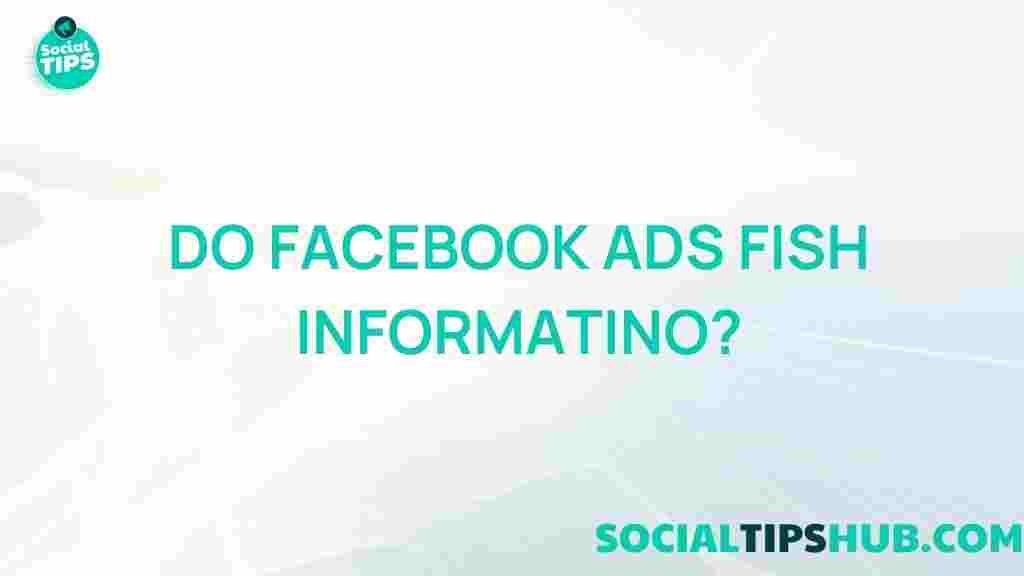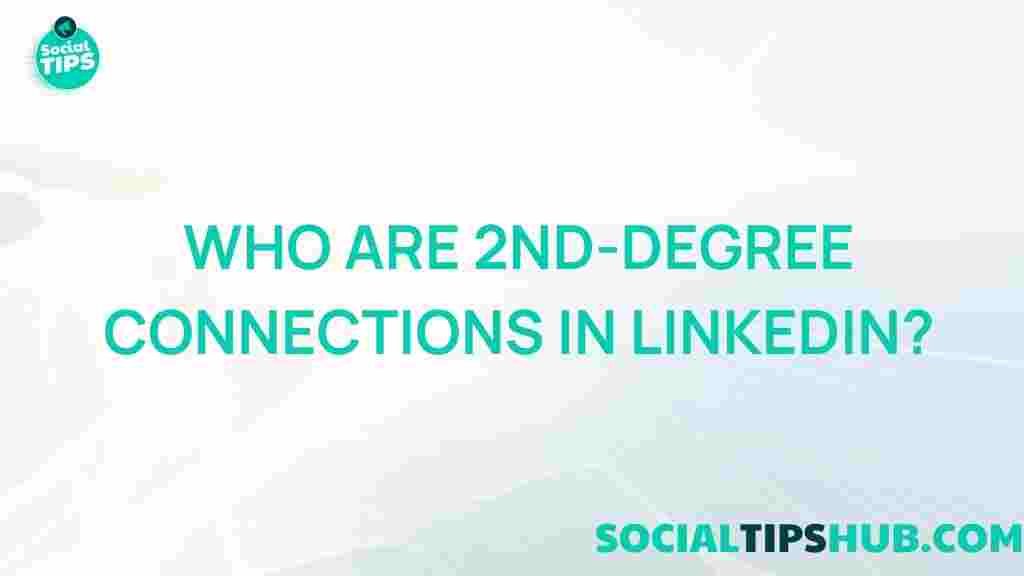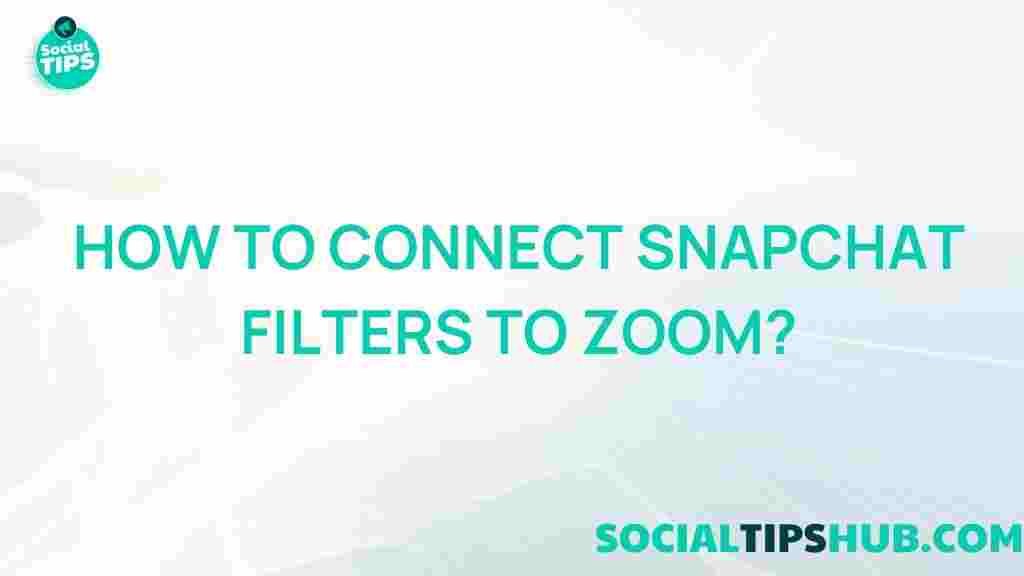Unraveling the Mystery: Do Facebook Ads Really Harvest Data?
In the digital age, social media platforms have transformed the way businesses engage with their audiences. One of the most significant players in this space is Facebook, a platform that not only connects friends and families but also serves as a potent advertising tool for businesses of all sizes. However, as businesses leverage Facebook’s advertising capabilities, a critical question arises: do Facebook ads really harvest data? This article delves into the nuances of Facebook advertising, the data it collects, and the implications for users and marketers alike.
Understanding Facebook’s Advertising Model
Before diving into the intricacies of data harvesting, it’s essential to understand how Facebook’s advertising model works. Facebook ads are designed to reach specific audiences based on various targeting options, allowing advertisers to tailor their messages effectively.
- Targeted Advertising: Facebook allows advertisers to target users based on demographics, interests, behaviors, and more.
- Lookalike Audiences: Advertisers can create audiences that resemble their existing customers, enhancing the effectiveness of their campaigns.
- Retargeting: Businesses can reach users who have previously interacted with their website or app, increasing conversion opportunities.
This targeted approach relies heavily on data collection, which raises concerns about privacy and data harvesting practices. Let’s explore what data Facebook collects and how it is used.
What Data Does Facebook Collect?
Facebook collects a plethora of data to optimize ad targeting and improve user experience. This data can be categorized into several types:
- User-Provided Data: Information that users provide when creating an account, such as name, email address, and phone number.
- Activity Data: Information about user interactions on the platform, including posts, likes, shares, and comments.
- Device Information: Data collected from devices used to access Facebook, including operating system, hardware settings, and unique device identifiers.
- Location Data: Information about users’ geographical locations, gathered through IP addresses and location services.
- Third-Party Data: Data from third-party partners, which can provide additional insights into user behaviors and preferences.
Facebook uses this data to create comprehensive user profiles, which are invaluable for advertisers looking to reach their target audiences effectively.
How Facebook Ads Use Collected Data
The data collected by Facebook is utilized in various ways to enhance advertising effectiveness:
- Personalized Ads: Facebook’s algorithm analyzes user data to display ads tailored to individual interests and behaviors.
- Performance Tracking: Advertisers can track the performance of their ads, gaining insights into engagement rates, conversions, and overall ROI.
- Ad Optimization: Facebook continuously optimizes ad delivery to improve performance based on user interactions and engagement metrics.
While this data-driven approach benefits advertisers, it also raises ethical questions regarding user privacy. Are users aware of the extent of data collection, and do they consent to it?
User Awareness and Consent
Facebook’s privacy policies outline the data collection practices and the use of personal data. However, many users may not fully understand these policies. Key points regarding user awareness and consent include:
- Privacy Settings: Users have the ability to customize their privacy settings, limiting the data shared with advertisers.
- Data Transparency: Facebook provides users with tools to view and manage the data collected about them, but navigating these settings can be complex.
- Informed Consent: Many users may agree to data collection without fully understanding the implications, leading to a potential lack of informed consent.
To better understand the user’s perspective, we can look at the broader implications of data harvesting in social media.
Implications of Data Harvesting
Data harvesting practices on platforms like Facebook have several implications for both users and businesses:
- Privacy Concerns: Users are increasingly concerned about their personal data being collected and used without explicit consent.
- Targeted Advertising Benefits: For businesses, targeted advertising offers a higher chance of reaching potential customers, leading to better conversion rates.
- Regulatory Scrutiny: Governments worldwide are imposing stricter regulations on data privacy, impacting how companies like Facebook operate.
With these implications in mind, it’s crucial for users and businesses to navigate the landscape of Facebook advertising responsibly.
Step-by-Step Process: How to Manage Your Data on Facebook
If you’re concerned about data privacy while using Facebook, here’s a step-by-step guide to managing your data:
- Review Your Privacy Settings:
- Go to your Facebook settings and navigate to the ‘Privacy’ section.
- Adjust your settings to control who can see your posts, send you friend requests, and more.
- Limit Data Sharing:
- Turn off location services for Facebook if you don’t want your location tracked.
- Limit the information shared with third-party apps connected to your account.
- Check Ad Preferences:
- Visit the ‘Ad Preferences’ section to see how your data is used for advertising.
- Adjust settings to opt out of targeted advertising based on your interests.
- Download Your Data:
- Request a copy of your data from Facebook to see what information is being stored.
- Analyze the data and consider what you might want to delete.
- Regularly Update Your Settings:
- Make it a habit to check and update your privacy settings regularly.
- Stay informed about changes to Facebook’s policies that may affect your data.
Troubleshooting Tips for Facebook Ads
For advertisers, understanding how to navigate Facebook’s ad platform effectively can be challenging. Here are some troubleshooting tips:
- Ad Rejection: If your ad gets rejected, review Facebook’s advertising policies and adjust your content accordingly.
- Low Engagement Rates: Test different ad formats and targeting options to see what resonates with your audience.
- Performance Monitoring: Regularly check your ad performance metrics to identify areas for improvement.
- Utilizing Facebook Business Tools: Leverage tools like Facebook Analytics to gain insights into your audience and ad effectiveness.
For more detailed information on managing Facebook ads, you can refer to the Facebook Business Help Center.
Conclusion
As we have unraveled the mystery of Facebook ads and their data harvesting practices, it is clear that while Facebook provides powerful tools for advertisers, it also raises significant concerns about user privacy and consent. Users must take proactive steps to manage their data, while businesses need to operate transparently to maintain trust.
Ultimately, understanding how Facebook collects and utilizes data is crucial for both users and advertisers. As regulations around data privacy evolve, staying informed and making conscious choices about data sharing will be more important than ever.
For more insights into the impact of digital advertising, consider exploring other resources available on our site. Your privacy matters, and understanding the dynamics of platforms like Facebook can empower you to navigate the digital landscape more effectively.
This article is in the category News and created by SociaTips Team




